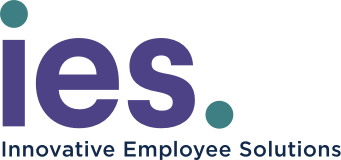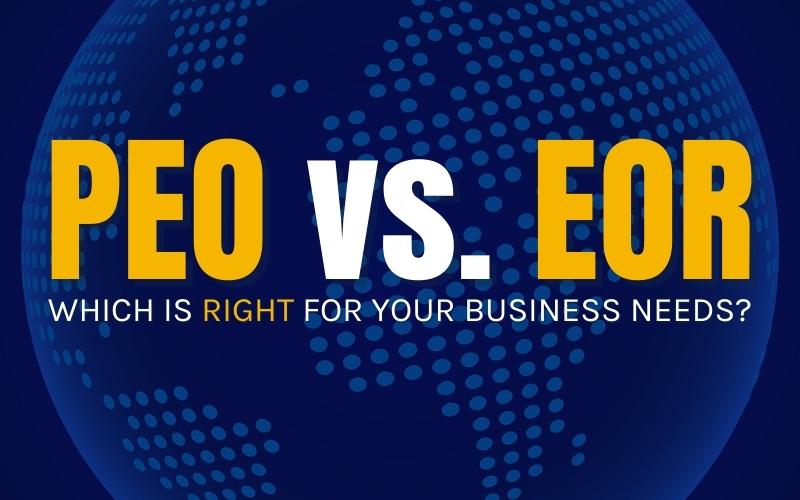Global expansion is easier today than ever before. Technology offers real-time connectivity, and companies can service and support their worldwide client base just as easily as they can service and support those in their own backyard.
But American companies are often slower to go global. Perhaps driven by necessity, European businesses expand internationally about 19 months faster than American companies. The American market might be larger than any of the smaller European markets, but there are several good reasons for taking your business global, whatever your home market.
If your business has proven its value at home, then expanding to other markets with the same needs is a great way to grow your customer base. It can also help plug the talent gaps that 45% of employers say they struggle to fill. But thanks to online talent platforms, finding the talent you need in a new market has never been easier.
Expanding Internationally
Taking your business global doesn’t require you to open new offices in a bunch of different locations sight unseen. The right infrastructure can be set up remotely. Here are three tips to help get you off the ground:
1. Do Your Research
Due diligence is a must for every new business venture, and global expansion is no different. It can’t be done haphazardly. Conduct market research to identify the markets where your product or service will be most in demand, and prepare an appropriate business case for expansion. Include stakeholder commitments, internal goals, and costs.
2. Try Before You Buy
Look at options that will allow you to test the market before setting up your own office. Partnering with an employer of record within your target country will allow you to engage workers and get initial sales off the ground without having to put the infrastructure in place yourself.
The EOR will act as the legal employer and handle issues of payroll and tax withholdings, which will help keep you compliant with local employment laws. And an EOR can save you money because companies that do payroll and handle benefits themselves spend 18% more than those that outsource them.
3. Find the Right Partners
If you’re lucky, then you may be able to leverage existing partners with a presence in the country where you’re looking to expand. If not, then you’ll need a whole new set of local partners, but finding them isn’t always easy. Engage experts in global expansion who can help guide you through the cultural and legal requirements of the new market.
The benefits of expanding into new markets are well-known, and taking your business global has never been easier. But you need to follow the right steps. Do your research, test the market, and find the right partners to help make your expansion a success.
Article written for HR.com by: Sara Jensen, Vice President of Business Development at IES
Sara Jensen is the vice president of business development at Innovative Employee Solutions (IES), a leading global Employer of Record in more than 150 countries that specializes in contingent workforce solutions such as outsourced payrolling, independent contractor compliance, and contractor management services. Founded in 1974, IES has grown into one of San Diego’s largest women-owned businesses and has been named one of the city’s “Best Places to Work” for 10 years in a row.







